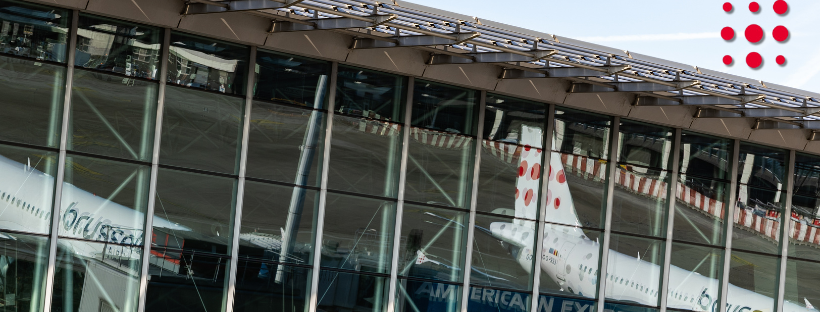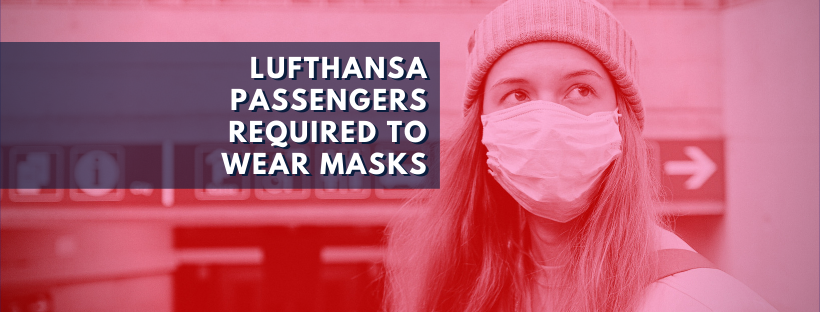Brussels Airlines to enhance long-haul services with new aircraft and cabins
Brussels Airlines is expanding its fleet, upgrading its cabins and increasing routes to Sub-Saharan Africa to enhance its long-haul services.
Brussels Airlines is set to expand its long-haul fleet with the addition of three Airbus A330 aircraft and a significant investment in new cabin interiors.
This development will bolster the airline’s position as the Lufthansa Group’s African specialist, reinforcing its routes to Sub-Saharan Africa and growing its overall fleet to 13 widebody aircraft in the coming years.
To meet the increasing demand for air travel between Europe and Africa, Brussels Airlines will focus its additional long-haul capacity on strengthening its network to Sub-Saharan Africa, aiming to establish Brussels as a European hub for flights to and from the continent.
The expansion will also bring about the recruitment of over 250 new employees, creating opportunities across all areas of the airline, including pilots, cabin crew, maintenance staff, and more.
Dieter Vranckx, Chairman of the Board of Directors at SN Airholding, explained the significance of the move:
The demand for flights to and from Sub-Saharan Africa is developing at a fast pace and it is crucial for Lufthansa Group to grow its footprint in the region. Brussels Airlines is the perfect airline to do just that as its expertise and presence on the continent is unparalleled.
In addition to expanding its fleet, Brussels Airlines is making a substantial investment of over €100 million to introduce brand-new cabin interiors for business class, premium economy, and economy class on its long-haul routes. The new cabins will enhance the inflight experience for passengers, reflecting the airline’s commitment to offering premium service. This investment marks a key milestone in Brussels Airlines’ growth strategy.
Dorothea von Boxberg, CEO of Brussels Airlines, commented:
The multi-million investment in cabin interior allows us to offer our customers an even more premium experience. It’s with great pleasure that we will offer more connections to our increasing number of passengers on our growing network.
In addition to the long-haul fleet expansion, Brussels Airlines has signed a three-year wet-lease agreement with Air Baltic. Starting in 2025, the Latvian airline will seasonally operate four Airbus A220 aircraft for Brussels Airlines, catering to regional routes and those with lower demand during the busy summer months.
Paul Baker, Sales Director of Global Travel Management, highlighted the importance of these developments for UK-based business travellers:
The growth of Brussels Airlines’ fleet and its strengthened network to Sub-Saharan Africa is fantastic news for many business travellers from the UK. These enhancements provide more opportunities for seamless travel between the UK and Africa, with the added benefit of upgraded cabin experiences on long-haul flights.
For more information about how these changes could benefit your business travel plans, please contact your Global Travel Management Account Manager.











